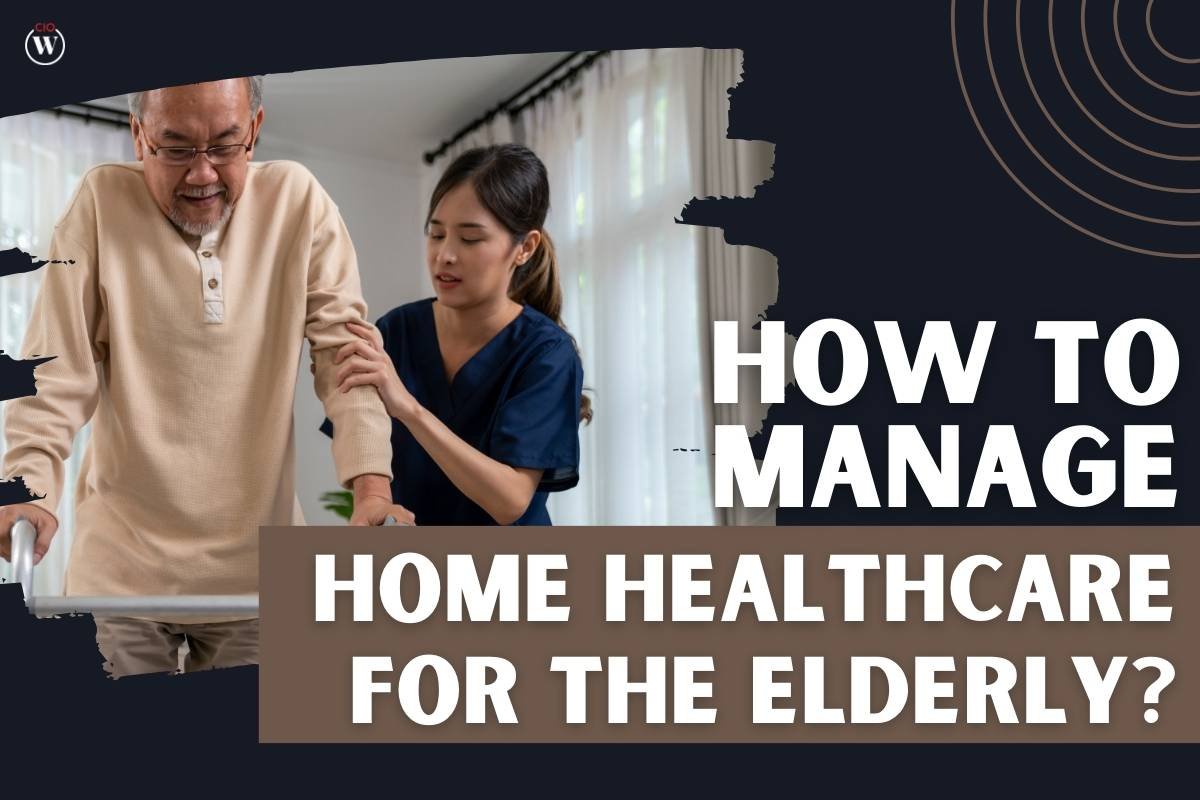As our loved ones age, the need for home healthcare for the elderly becomes increasingly common. It’s a challenging and emotionally charged responsibility, but it’s also an opportunity to ensure the comfort and well-being of those who have cared for us throughout their lives. Providing the best possible home healthcare for the elderly requires a combination of compassion, dedication, and knowledge. In this article, we will explore seven pro tips to help you manage home healthcare for the elderly effectively.
Here are some tips to help home healthcare for the elderly:
1. Understand Their Unique Needs
The first step in managing home healthcare for the elderly is to understand their unique needs. Aging is accompanied by a wide range of physical and mental changes, and it’s crucial to recognize that every individual’s experience is different. Some seniors may require assistance with mobility, while others may need help with daily tasks like bathing and dressing. Cognitive impairments, such as dementia or Alzheimer’s disease, can also add a layer of complexity to caregiving.
To effectively meet their needs, it’s essential to have open and honest conversations with the elderly person in your care. Listen to their concerns, preferences, and priorities. Additionally, consulting with healthcare professionals can provide valuable insights into any specific medical conditions or treatments required.
2. Create a Safe and Comfortable Environment
Ensuring a safe and comfortable environment is a cornerstone of home healthcare for the elderly. Falls are a common concern among seniors, so make sure the living space is free from clutter and tripping hazards. Install handrails and grab bars in bathrooms and other areas where stability is crucial. Adequate lighting can also prevent accidents, especially at night.
Additionally, consider their comfort and convenience. Adjust the home’s temperature to suit their needs and provide comfortable furniture and bedding. Seniors may have specific dietary requirements, so adapt the kitchen and dining areas accordingly. By creating a secure and comfortable living space, you can help reduce stress and potential risks.
3. Develop a Care Plan
A well-structured care plan is an essential tool for managing home healthcare for the elderly. It outlines the daily and weekly tasks, medical appointments, and other responsibilities involved in caregiving. A care plan not only helps you stay organized but also ensures that the elderly person receives consistent and appropriate care.

Include a schedule for medication administration, meal preparation, exercise, and other essential activities. Don’t forget to schedule regular breaks for yourself to prevent burnout. A care plan can be as simple as a handwritten checklist or as complex as a digital calendar, depending on your needs and preferences.
4. Seek Professional Guidance
While providing home healthcare for the elderly, it’s crucial to consult healthcare professionals regularly. A healthcare team can consist of doctors, nurses, physical therapists, and occupational therapists, among others. They can offer valuable insights into the senior’s medical condition, suggest appropriate treatments, and provide guidance on caregiving.
Professional guidance is especially important when dealing with chronic conditions like diabetes, heart disease, or Alzheimer’s. Healthcare professionals can help you develop a comprehensive care plan, offer medication management advice, and monitor the senior’s overall health. Regular check-ups and open communication with the healthcare team will help you provide the best possible care.
5. Promote Physical and Mental Well-being
Maintaining physical and mental well-being is crucial for the elderly. Encourage regular exercise, even if it’s just gentle activities like walking or stretching. Physical activity can improve balance, reduce the risk of falls, and boost overall health. Moreover, it provides an opportunity for social interaction, which is equally important for mental well-being.

Mental stimulation is essential for cognitive health. Engage the elderly person in activities that challenge their mind, such as puzzles, reading, or even learning a new skill. Social interaction is also vital to combat feelings of isolation and depression. Encourage visits from friends and family, or explore local senior centers and community events.
6. Address Emotional and Psychological Needs
Caring for the elderly goes beyond physical health; emotional and psychological well-being are equally important. The aging process can bring about feelings of loss, loneliness, and even depression. As a caregiver, it’s crucial to provide emotional support and companionship.
Take the time to talk and listen to the elderly person’s concerns and feelings. Engage in activities they enjoy, and try to maintain a positive and encouraging atmosphere at home. If necessary, consider professional counseling or support groups to address emotional and psychological needs effectively.
7. Embrace Technology for Assistance
Modern technology can be a valuable asset in managing home healthcare for the elderly. There are numerous devices and applications designed to enhance the quality of life and safety for seniors. For example, medical alert systems provide immediate assistance in case of falls or emergencies. Smart home technology allows you to remotely monitor their well-being and control the home environment, ensuring comfort and security.

Moreover, telehealth services enable remote medical consultations, reducing the need for frequent trips to healthcare facilities. These digital tools can significantly ease the caregiving process, providing peace of mind for both you and the elderly person in your care.
Conclusion
Home healthcare for the elderly is a profound and compassionate responsibility. By understanding their unique needs, creating a safe environment, developing a care plan, seeking professional guidance, promoting physical and mental well-being, addressing emotional and psychological needs, and embracing technology, you can provide the best possible care for your loved ones as they age.
It’s a journey that requires dedication and patience, but it’s also an opportunity to express your love and gratitude for the elderly individuals who have enriched your life. Remember, with the right support and knowledge, you can ensure that their golden years are as comfortable and enjoyable as possible.









